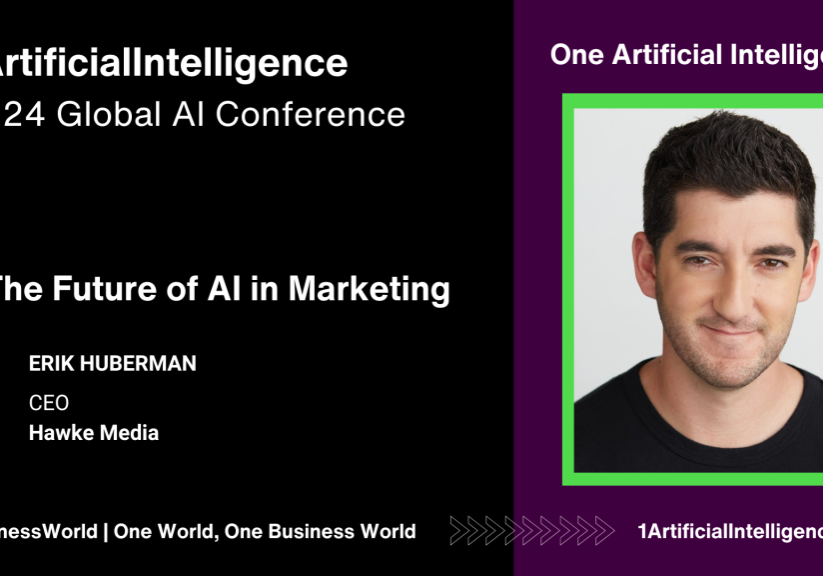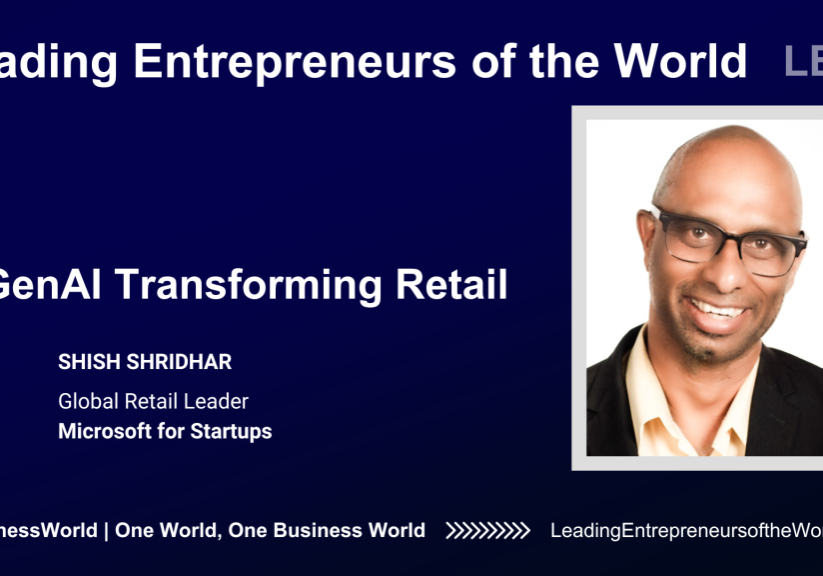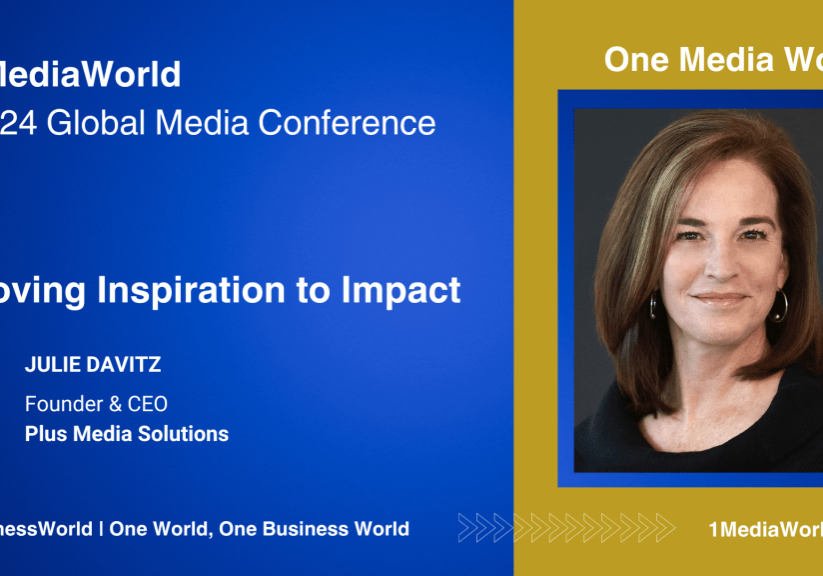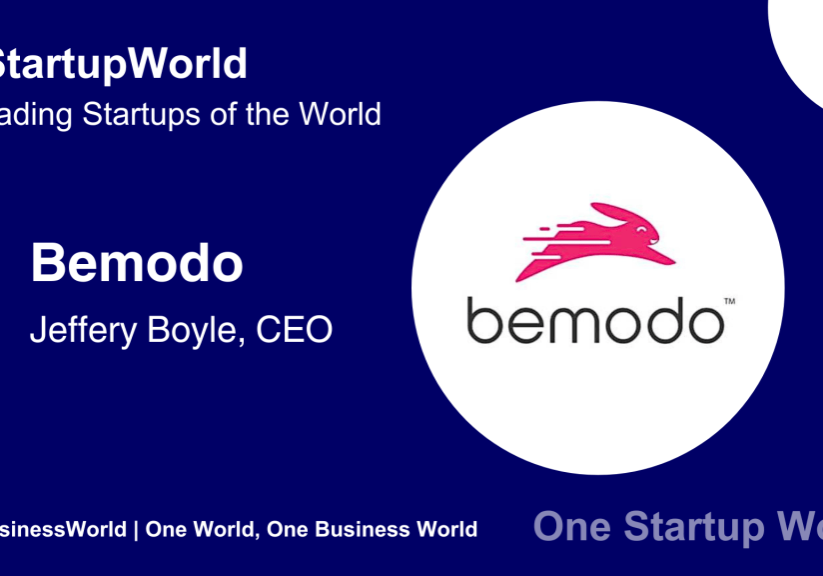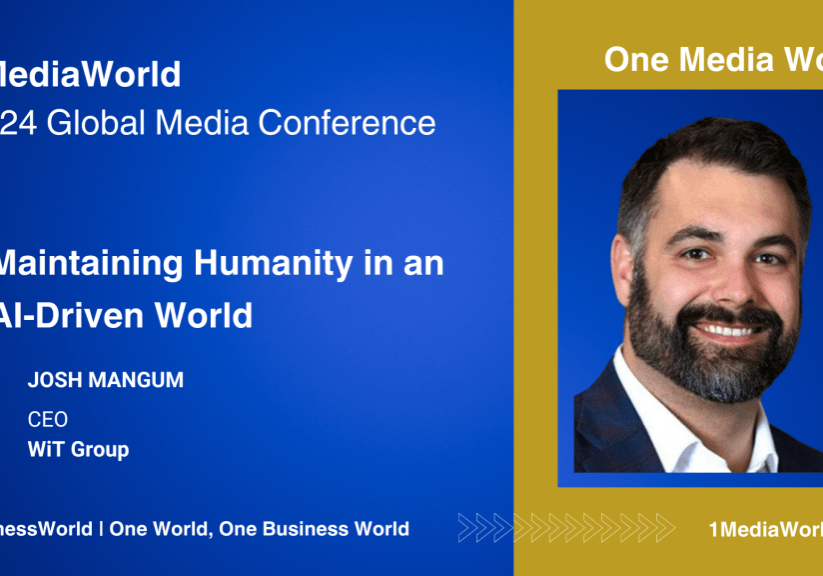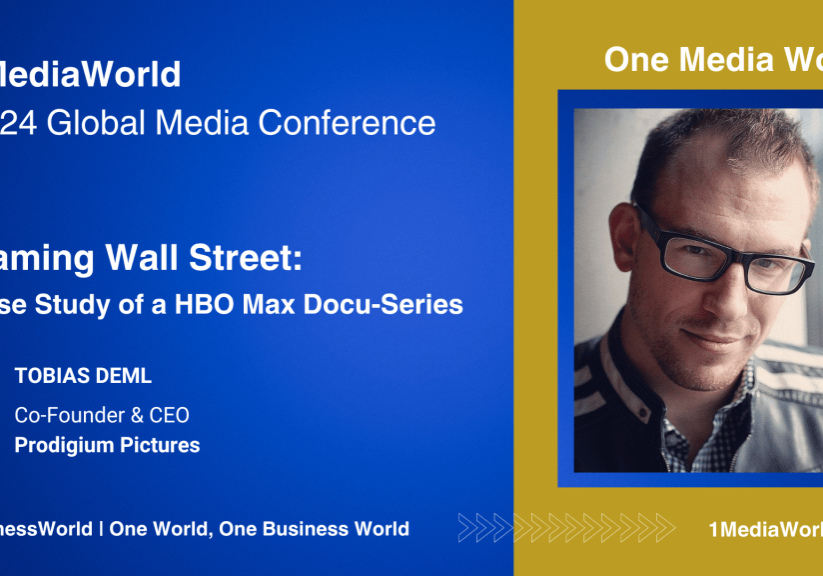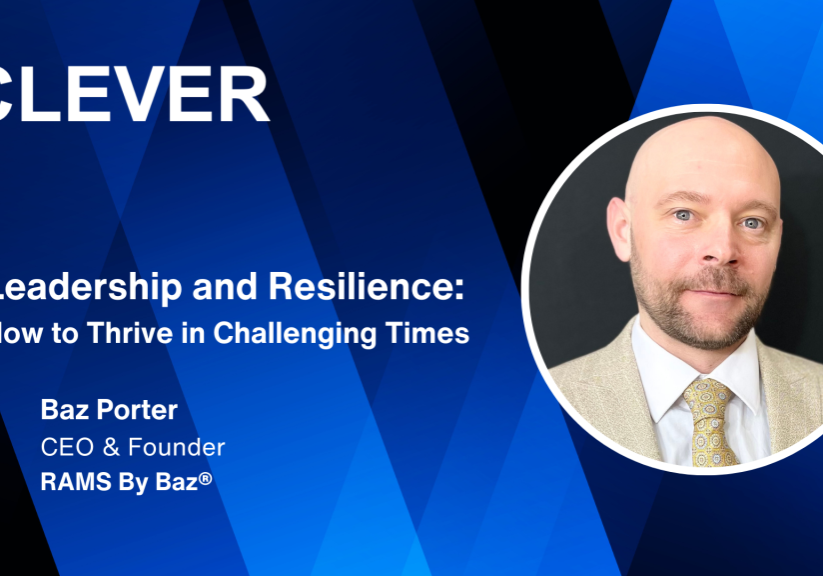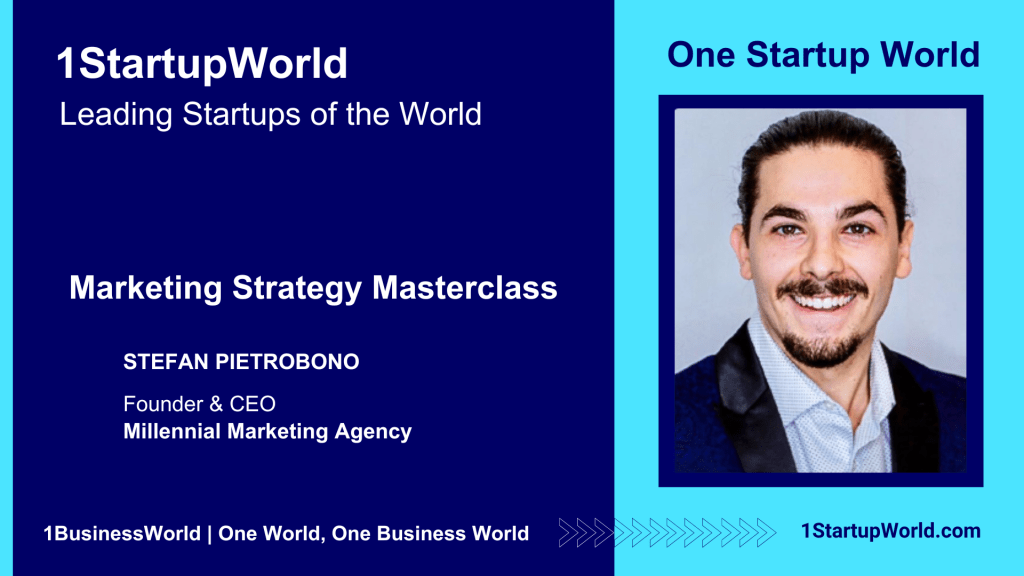
After falling prey to some of the same business difficulties that have plagued newspapers and magazines, the digital-media giants BuzzFeed and HuffPost have decided to join forces, the companies announced on Thursday.
Under the plan, BuzzFeed will acquire HuffPost from its owner, Verizon Media, as part of a larger stock deal, the companies said. The BuzzFeed and HuffPost websites will remain distinct, each with its own editorial staff. The BuzzFeed founder Jonah Peretti, who helped found HuffPost 15 years ago, will serve as the chief executive.
As part of the arrangement, Verizon Media will become a minority shareholder in BuzzFeed, the companies said, but it will not have a seat on BuzzFeed’s board.
“We’re excited about our partnership with Verizon Media, and mutual benefits that will come from syndicating content across each other’s properties, collaborating on innovative ad products and the future of commerce, and tapping into the strength and creativity of Verizon Media Immersive,” Mr. Peretti said in a statement.
BuzzFeed and HuffPost have struggled, with both having gone through rounds of layoffs in recent years. Mr. Peretti believes that getting bigger is the right move for his business.
Digital media, a relatively open territory when HuffPost started in 2005, has grown crowded and more competitive. Google and Facebook have grabbed huge chunks of ad revenue from publishers; Twitter, Facebook, YouTube and Twitch are taking would-be readers’ attention; and many legacy media outlets have gotten the hang of the web while also figuring out how to persuade readers to pay for content.
The deal between BuzzFeed and HuffPost marks the fourth significant merger among name-brand digital publishers, following the combination of Vox Media and New York Magazine, Vice Media’s acquisition of Refinery29, and Group Nine’s merger with PopSugar. Digital journalism needs size to survive — and even these deals may not be enough to sustain their operations.
Because BuzzFeed and HuffPost appeal to different readerships, they should complement each other as part of the same company, Mr. Peretti said in an interview on Thursday.
“We want HuffPost to be more HuffPosty, and BuzzFeed to be more BuzzFeedy — there’s not much audience overlap,” he said. “These are different audiences they serve. On the editorial side and the consumer side, we want to have a lot of independence and autonomy for HuffPost and for it to determine its own brand.”
Mr. Peretti, 46, also said HuffPost will have a new editor in chief. The site’s previous top editor, from 2016 until March of this year, was Lydia Polgreen, a former New York Times editor. She left HuffPost to become the head of content at the podcasting company Gimlet Media, and a successor has yet to be named. On the business side, operations are likely to be combined.
Mr. Peretti approached Verizon on several occasions about a possible HuffPost acquisition, he said in the interview. In 2018, shortly after Hans E. Vestberg was named Verizon’s chief executive, Mr. Peretti made an overture, only to be rebuffed.
He said he found a willing ear in January at the Consumer Electronics Show in Las Vegas, the convention that draws digital publishers, tech companies and major advertisers who meet to broker multimillion-dollar marketing agreements between games of craps and blackjack.
In a suite at the Aria Resort and Casino on the 35th floor overlooking the Vegas Strip, Mr. Peretti met with Guru Gowrappan, the Verizon Media chief executive, who reports to Mr. Vestberg, to discuss ways the two companies could work together.
At first, they discussed how Verizon Media could help BuzzFeed with its ad technology, as well as the possibility of entering into a content-sharing arrangement. Some months later, the talk turned to an acquisition, Mr. Peretti said.
“While considering opportunities to work together, naturally, Jonah and I also discussed the property he co-founded, HuffPost,” Mr. Gowrappan said in a statement. “We quickly realized BuzzFeed’s strategy would complement HuffPost’s road map, injecting it with new energy and growing the brand into the future.”
HuffPost had seen a large drop in revenue because of the coronavirus pandemic, according to two people with knowledge of the company, who were not authorized to discuss it publicly. In an interview, Mr. Gowrappan said that the company believed in Mr. Peretti’s approach, which persuaded him that a merger deal would add value.
Once the deal goes through, BuzzFeed will have to find ways to cut costs, the two people said. Mr. Peretti’s company was on track to turn a profit this year, but the addition of HuffPost will add more costs starting next year. The deal includes some cash from Verizon that will help BuzzFeed pay for severance for possible layoffs and other costs associated with the merger, the two people said.
Both outlets share DNA. Along with the political power player Arianna Huffington and the investor Kenneth Lerer, Mr. Peretti was part of the team that created the original Huffington Post, as it was then known, in 2005. The driving idea was to build a liberal version of Drudge Report — an online gathering spot for readers fed up with the George W. Bush administration.
The site benefited from Ms. Huffington’s Rolodex, back when Rolodexes were still a thing: She was able to charm big-name contributors from Hollywood and the Beltway to write for free. Steeped in the Google algorithm, Mr. Peretti, the site’s chief technology officer, along with its editors, helped make Huffington Post into an online force, one that featured a new brand of journalism — unapologetically web-native, complete with slide shows, hot-take opinion pieces and curiosity-inducing headlines — that drew millions of clicks in the years before Twitter and other social media platforms took charge of the internet discourse.
In 2006, Mr. Peretti, a scientist of the web with a perennial interest in which pieces of online content proved most engaging to readers, started BuzzFeed while he was still HuffPost’s chief technology officer. At first, it was an experimental project that he ran out of a small office in Manhattan’s Chinatown. Mr. Peretti left HuffPost in 2011, after it was sold to AOL for $315 million, and with the help of $35 million from corporate investors, he transformed his side gig into a stand-alone media company.
BuzzFeed caught on as a website filled with features aimed at a largely millennial audience, things like “21 Pictures That Will Restore Your Faith in Humanity” and a video of BuzzFeeders trying to make a watermelon explode. As the site matured, it went deep into current-events coverage and investigative articles under BuzzFeed News, a division that was led for eight years by its founding editor, Ben Smith, before he joined The Times as its media columnist, and is now run by Mark Schoofs.
But struggles lay ahead.
In 2017, BuzzFeed cut 100 employees after missing revenue targets. Last year, it laid off more than 220 employees, or 15 percent of its work force. Amid the cost-cutting measures, BuzzFeed added banner ads, a form of advertising it once eschewed. It even expanded into the retail business, with branded products, including a recent partnership to create sex toys.
HuffPost cut 39 employees during a round of layoffs in 2017. In early 2019, Verizon said it would cut 800 positions, or 7 percent of its media divisions. Later that year, HuffPost let 11 video employees go.
In a 2018 interview with The Times, Mr. Peretti dropped huge hints that his site would be better off as part of a larger entity. “If BuzzFeed and five of the other biggest companies were combined into a bigger digital media company,” he said at the time, “you would probably be able to get paid more money.”
In the interview on Thursday, Mr. Peretti did not rule out another merger.
“We will continually look at opportunities, but I haven’t taken the approach of trying to rush it,” he said just before hopping off the call to lead an all-hands meeting of the HuffPost staff. “We’re building a real platform for digital media to get more value from content operations that we own, that everyone should be getting.”
